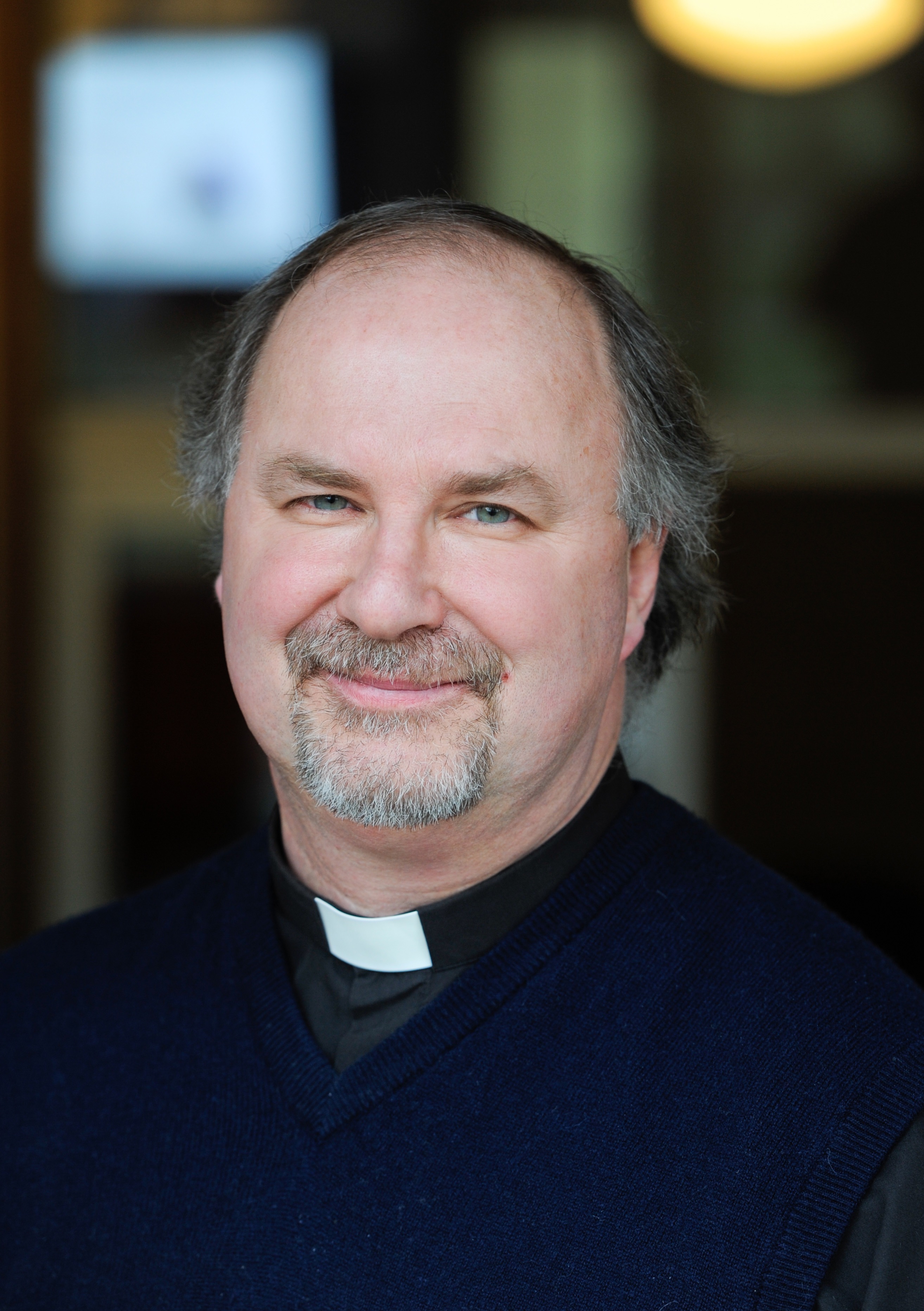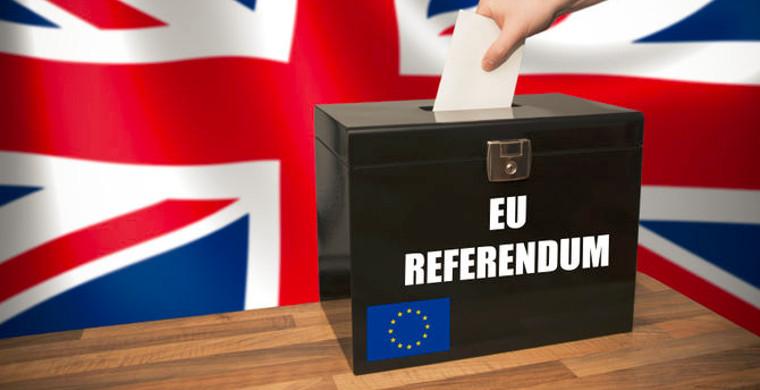The British Referendum
By Gavin Ashenden
www.virtueonline.org
June 28, 2016
It is a convention in the UK that when a political figure offers leadership on a matter that is put to the Electorate, and if they are rejected, they resign. So David Cameron rightly resigned his public office the day after the referendum.
The Archbishops of the Church of England chose to enter the political debate and used the authority of their office to urge the people of the UK to remain as members of the European Union. Like the Prime minister, their advice was rebuffed by a majority of the electorate.
When the result became known, they slipped out of the political roles they had adopted and slipped into spiritual ones instead. They put their name to a prayer or collect for reconciliation which they released as part of a statement.
Should they consider resigning as David Cameron did?
Of course there is not the slightest prospect that they will; nor even that they might apologize to other Anglicans who felt passionately that the right to have a democratic voice which the EU had removed from the legislative process, was a Christian one worth both struggling and voting for.
If you decide to play a political role don't you have to live with the political rules? The solution for bishops and Archbishops is of course, "don't play a political role". But if you do, why should you claim to be able to shelter behind the spiritual element in your role that you abandoned to make a political point?
Might it not have been better if the Archbishops had not abandoned the political neutrality their office assumes, and kept quiet about the political, economic, and democratic issues that lay behind the Referendum.
Used as we are to the Church of England hierarchy preferring politics to the Kingdom of Heaven, it still surprised many of us that they found they could not bear to keep political silence; not because we did not believe that they had not been politicized and secularized, -the increasing accommodation with equal gender rights and equal or gay marriage suggests exactly that- but because we thought that the stakes were too high to become political at such a highly charged moment in the nation's life.
The statement they made called for reconciliation in the aftermath of the vote. "The referendum campaign has been vigorous and at times has caused hurt to those on one side or the other."
Indeed it has. The issues have been so powerfully felt on both sides that a great deal of abuse has been flung, and not surprisingly hurt inflicted. They showed no sign that their taking partisan and political roles might be part of that 'hurt'.
So politicized has the C of E become in fact that two of its senior figures began trading hate mail with each other in public. The Dean of Manchester, the Very Rev. Rogers Govender took to Twitter to express his outrage against The Rev. Dr Giles Fraser, a priest/political commentator who had taken a public position supporting the 'Leave' campaign. "Giles Fraser, you associate with vile racists in the 'Leave campaign', shame on you"! Invited to apologise he redoubled his accusations "You condemn them but lend support for their campaign. Perhaps you are a racist too." The Very Rev. Dean of Manchester continued his Twitterisms in apoplexy.
Perhaps this was the opportunity that the archbishops were looking for to effect reconciliation by rebuking this Cathedral Dean? But it seems not. There was no apology on his behalf, no rebuke - in fact despite it being reported in the Newspapers, - nothing.
So much of the progressive left wing politics that senior clergy of the Church of England take as embodying their reading of the Old Testament's quest for Justice and Righteousness, (albeit often apparently filtered through an adolescent reading of Karl Marx) is assumed to be authentic Christianity, that the possibility there is another reading of Scripture, and one that echoes Christian tradition, seems to genuinely take them by surprise.
I suspect there is a relationship between politics and spirituality where there is a law of inverse relations. The less confidence clergy have in metaphysical reality, in the dynamic power of the Holy Spirit to change hearts, the more they lean to fill the vacuum with political strategies to make up for their disquiet about the conscious or unconscious sense of spiritual impotence.
This law of inverse relations goes some way to explaining the deepening reliance of the Church of England's hierarchy in particular, on left wing political aphorisms, and their astonishment that anyone should see them as less than Christian.
The difficulty that the Church of England faces in part is that at the Reformation it entered into a relationship with the State to be its spiritual chaplain. While the State is willing to be Christian, the Church has the opportunity to exert influence and to deepen the Christian impact on the body politic. But what happens when the State decides it has had enough of Christianity and rejects its morals and precepts?
The Church then has to choose between exercising a prophetic role that rebukes, warns and invites repentance, or to collude and adopt the values of the progressive culture in order not to be rejected itself.
It is hard not to see the invitation to the populace as part of this collusion with the progressive agenda, particularly when the EU has been the driving force for much of the Equalities legislation that has been used to silence Christian voices and discriminate against Christian witness.
The fact that there is no democratic mechanism within the EU to protest or change this cultural program of anti-Christian attrition, is one more reasons why many Christians voted to leave the EU. At least when our own Government is passing legislation that discriminates against Christians there is some room for protesting and campaigning for its amendment. When it is promulgated or sponsored by the EU, there is none. All that can be done is for an agency like the Christian Legal Centre, to defend harassed Christians in the Courts in the face of hostile legislation, or legislation that is interpreted in a hostile way.
For many orthodox Christians, the public weight and support given to the Remain-in-the-EU campaign by the two Archbishops seemed to lack judgment and discernment; both in its assessment of the issues themselves and in their judgement about the way in which they entered the political fray.
Their promotion of reconciliation is a welcome one and certainly a Christian one. But to be reconciled after offence has been caused, one usually has to say 'sorry'. We have yet to hear that from either of them, or any of the bishops who also added their voices to the political campaign.
The episode of the referendum marks one more stage of the journey of the Church of England away from orthodox and biblical integrity, towards what looks likely to become a fatal accommodation with the 'spirit of the age'.
 The Rev. Canon Dr. Gavin Ashenden is Vicar of St Martin de Gouray in Jersey, the Channel Islands (just off the French Normandy coast), where he also writes a weekly column for the Island newspaper, the Jersey Evening Post. Trained at Oak Hill Theological College he became Senior Lecturer in the Psychology of Religion at Sussex University. He is a Chaplain to the Queen and from 2008-2016 was a Canon Theologian at Chichester Cathedral. As a broadcaster he hosted a BBC Religion and Ethics show for 4 years (2008-2012) which had 100,000 listeners across the South East of England, and presented the BBC podcast on Religion and Ethics. He is the author of a number of books and essays on the Oxford Inklings.
The Rev. Canon Dr. Gavin Ashenden is Vicar of St Martin de Gouray in Jersey, the Channel Islands (just off the French Normandy coast), where he also writes a weekly column for the Island newspaper, the Jersey Evening Post. Trained at Oak Hill Theological College he became Senior Lecturer in the Psychology of Religion at Sussex University. He is a Chaplain to the Queen and from 2008-2016 was a Canon Theologian at Chichester Cathedral. As a broadcaster he hosted a BBC Religion and Ethics show for 4 years (2008-2012) which had 100,000 listeners across the South East of England, and presented the BBC podcast on Religion and Ethics. He is the author of a number of books and essays on the Oxford Inklings.














